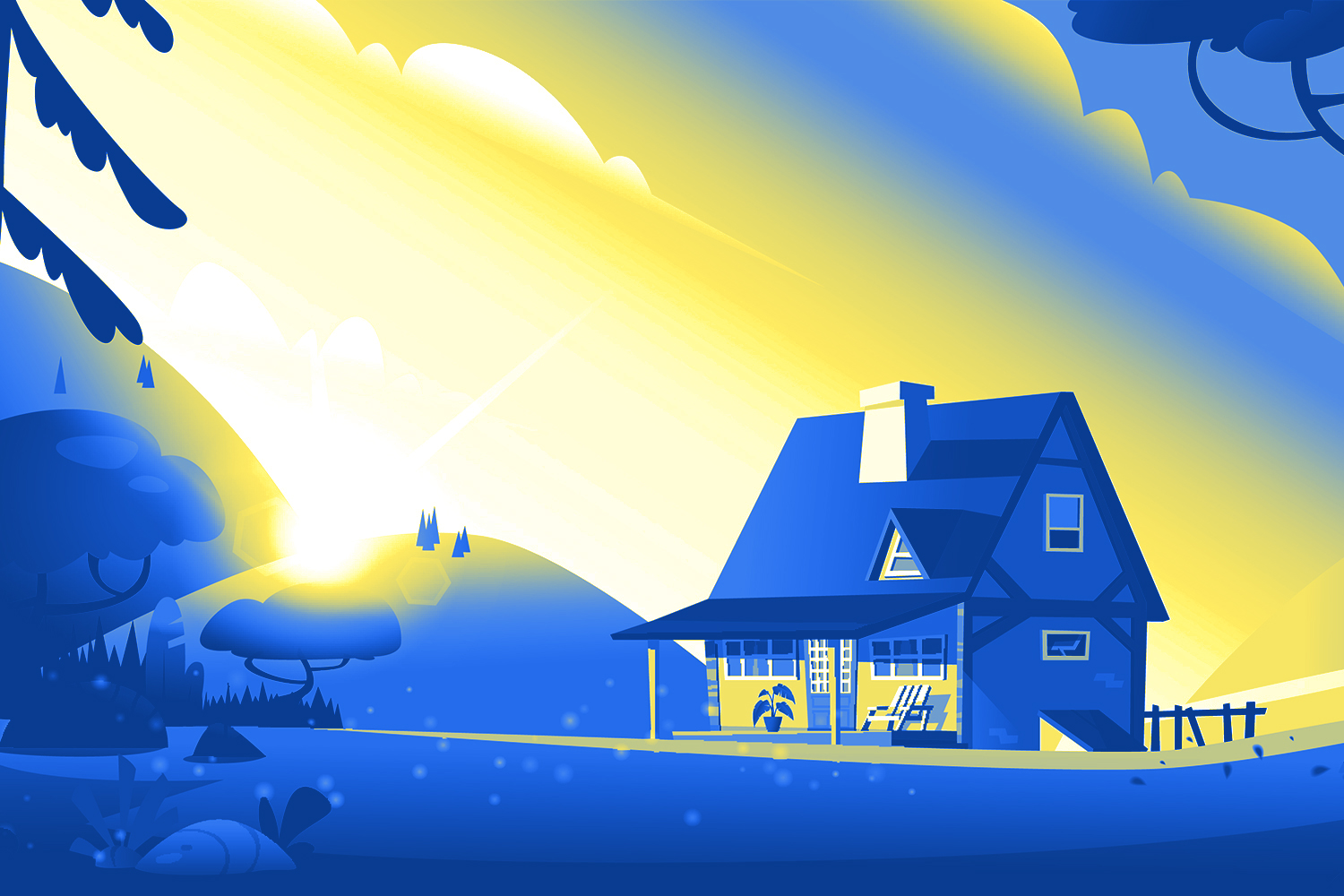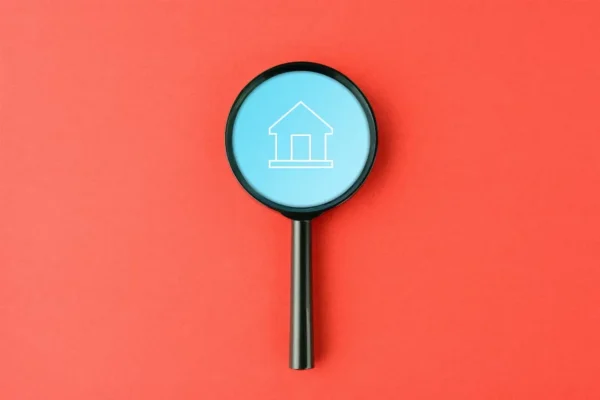
8 Benefits to Buying a Small Home

Thinking about buying a smaller home? You’re not alone. Each year, more and more Americans are choosing to downsize and opt for modest-sized houses.
According to the National Association of Home Builders, the median home size dropped from 2,200 square feet in 2023 to 2,150 square feet in 2024. That might not sound like much, but it marks the smallest average home size in 15 years—and a noticeable shift from the 2,300-square-foot norm that held steady from 2019 to 2022.
Even the smallest homes are growing in popularity. Over the next four years, the “tiny home” market in the United States is expected to grow by $3.71 billion, according to a report from Technavio.
It’s clear that downsizing is more than a trend—it’s a smart, intentional choice for many.
8 Reasons to Buy a Small House
Whether driven by rising costs, a desire for simpler living, or eco-conscious values, buyers are rethinking how much space they really need. If you’re considering joining the movement, here are eight reasons why buying a small house might be the right move for you.
1. A smaller home means lower cost and less debt.
One of the biggest perks of buying a small house is the price. Smaller homes typically come with lower purchase costs, which means you may need a smaller mortgage—or no mortgage at all. That can free up your finances for other goals, like travel, savings, or investing. Plus, you’ll likely pay less in property taxes and insurance, giving your entire budget a little extra breathing room.
Meet our team and get started.
Our local, award-winning lending team is ready to help you begin today.
2. Small houses are cheaper to heat, cool, and maintain.
With fewer square feet to cover, your utility bills will usually be lower than they’d be in a larger home. That means less money spent on heating in the winter, air conditioning in the summer, and lighting year-round. You’ll also spend less on maintenance and upkeep, since there’s less home to take care of—fewer rooms to renovate, fewer systems to replace, and less wear and tear overall.
3. You’ll be encouraged to live a simpler lifestyle.
A smaller space naturally limits how much stuff you can accumulate. This can be a big benefit if you’re looking to live more intentionally. With fewer closets to hide clutter in and fewer surfaces to fill with decor, you’re more likely to keep only what you truly need or love. Many people find that downsizing their space helps them declutter their minds, too.
4. Small homes are easier to clean and organize.
Say goodbye to marathon cleaning sessions. In a small home, vacuuming, dusting, and tidying up takes far less time and effort. It’s also easier to stay organized when you don’t have tons of extra storage encouraging you to hold onto things you don’t use. If you’re someone who values a tidy space—but not the time it takes to maintain one—a smaller home makes it much more manageable.
5. You’ll reduce your environmental impact.
Smaller homes are often more energy-efficient simply because there’s less space to power. They use fewer building materials and generate less waste during construction. On top of that, living with less often means consuming less—less furniture, fewer appliances, and fewer purchases overall. If you care about reducing your carbon footprint, going small can make a big difference.
6. Small homes make more time for what matters.
When your home doesn’t demand hours of upkeep every week, you gain more time to spend how you want. Whether it’s enjoying a hobby, working on a side project, hanging out with loved ones, or just relaxing, a smaller house can give you the gift of time. And for many people, that’s far more valuable than a few extra square feet.
7. Smaller houses are often located in desirable areas.
In some cities and towns, smaller homes are more likely to be located in central, walkable neighborhoods or charming older areas. That can put you closer to shops, restaurants, parks, and public transit—without the premium price tag of a larger house in the same area. It’s a smart way to get the lifestyle you want without overextending your budget.
8. You may have higher resale demand.
As the cost of living continues to rise, more buyers are prioritizing affordability and low maintenance. That makes small homes increasingly attractive, especially to first-time buyers, retirees, and those looking to downsize. If your home is energy-efficient, well-located, and in good shape, it may sell faster—and at a competitive price.
9. Your home may be more unique.
Large homes in giant master planned communities often blend together into rows and rows of beige boxes. If you’re looking for a unique living space, search for smaller, older homes. Your house won’t look like your neighbors’ and will truly feel like a one-of-a-kind home. You might be surprised what sort of gems are out there!
Buy Small with Amplify
Buying a small house isn’t just about saving money—it’s about making space for the life you really want. From lower monthly costs to more free time and less stress, the benefits of going small can be big.
If you’re ready to make the move, Amplify Credit Union is here to help. With competitive mortgage options and a local team that puts your goals first, Amplify makes it easier to buy the home that fits your life, not just your square footage.
This blog post was originally published August 15, 2022.
Ready to get prequalified?
Apply today and start your journey toward your new home.




